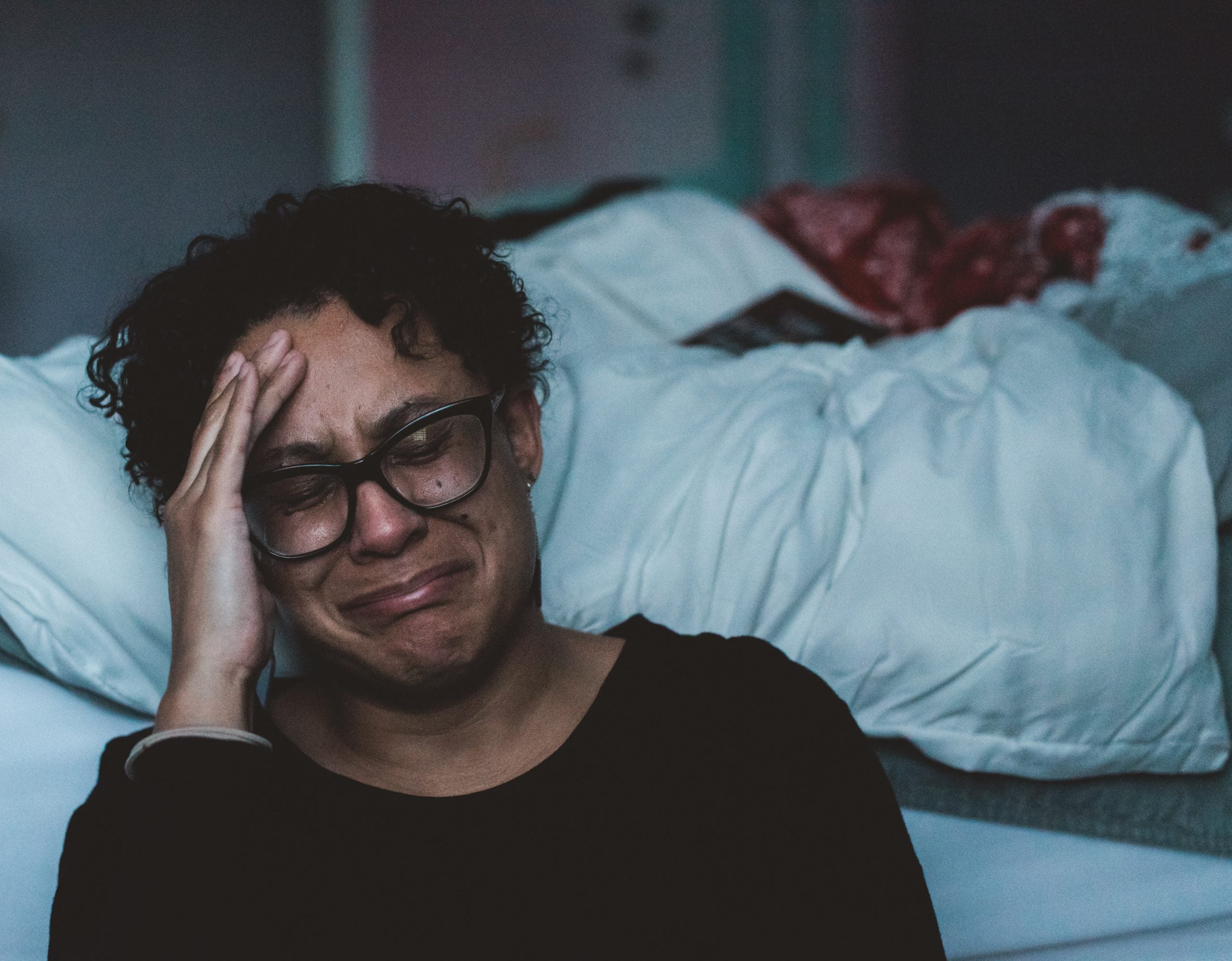
Social isolation may be a drag for you, but for some sisters, it’s literally putting their lives in danger.
Domestic violence resource centers across the country are anticipating an uptick in intimate partner violence in the wake of COVID-19. Under ordinary circumstances, domestic violence is more prevalent among Black women than White, Latina or Asian women, according to statistics from the Institute for Women’s Policy Research. Four in 10 Black women experience physical abuse. We’re also more likely to endure psychological abuse such as humiliation, bullying, name-calling, coercion and control.
Now add the effects of the COVID-19 outbreak, which has families under possible financial strain, living quarantined, in close quarters and in a stressful situation. It’s a formula that puts sisters at an even greater risk of physical, emotional or financial abuse. For example, if a woman’s work hours have been shortened or she loses her job because of COVID-19 closings, she may be more dependent on her partner for financial support for herself or her children. That may put her at the economic mercy of her abuser—and without the ability to collect the coins she needs to make an escape.
Unfortunately, there’s a shortage of targeted, culturally specific services for Black survivors of domestic and sexual violence, according to the National Center on Violence Against Women in the Black Community. It’s important for counselors to understand the cultural choices Black women make as they decide how best to address their situation. A University of Buffalo study found that Black women may rely on support from family and friends, use church as a resource or even physically fight back. We also tend to avoid encounters with law enforcement because we know that can go bad quickly.
“Some research has suggested that Black women don’t report because they realize that it will impact job opportunities for Black men,” says Rhonda V. Sharpe, founder of WISER Policy, a research think tank for women of color.
In a financially precarious time, that fear can be heightened.
If you’re one of those women looking to find a safe place to live away from violence or other forms of abuse, the National Domestic Violence Hotline counselors can help put together a plan tailored to your situation.
Also check out these suggestions to consider to keep yourself safe right now:
- Even if you’re socially isolating, get outdoors if you can. The more you’re home, the more opportunity there is for you to be at odds with a violent partner—and for those conflicts to escalate. Take a walk, which may allow time for things to de-escalate.
- Identify a place to shelter. Women’s domestic violence shelters may have fewer spaces these days because they have to follow social distancing rules, but they will work to find alternate haven for women who are in danger. Staying with a friend or family member may be an option—if your abuser won’t be able to find you there.
- Keep stashes. Make a “getaway” bag with personal items and copies of important papers. Hide it well or camouflage it. If your abuser is controlling, you may need to stash food, period supplies and other necessities in this bag.
- Keep your gas tank full, back into your parking place and keep your keys close by in case you have to make a quick escape in your car. If you don’t have a car, keep a taxi or lift service on speed dial, and exact change for public transportation. Stay abreast on whether apps, including Uber or Lyft, are still operating in your part of town during the outbreak.
- Have a friend check on you. Agree on a distress signal (flick lights on and off, hang something out a window) and let them know what action you want them to take if you send up an SOS.
- If you have children, make sure your plans include them. Depending on their age, they may need to know where to hide, where to run or how to call for help.
If you need immediate help, call the National Domestic Violence Hotline at 1-800-799-7233. WomensLaw.org also has legal information and helpful resources by state.